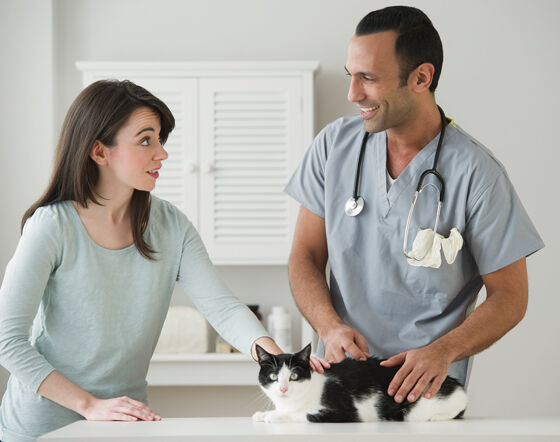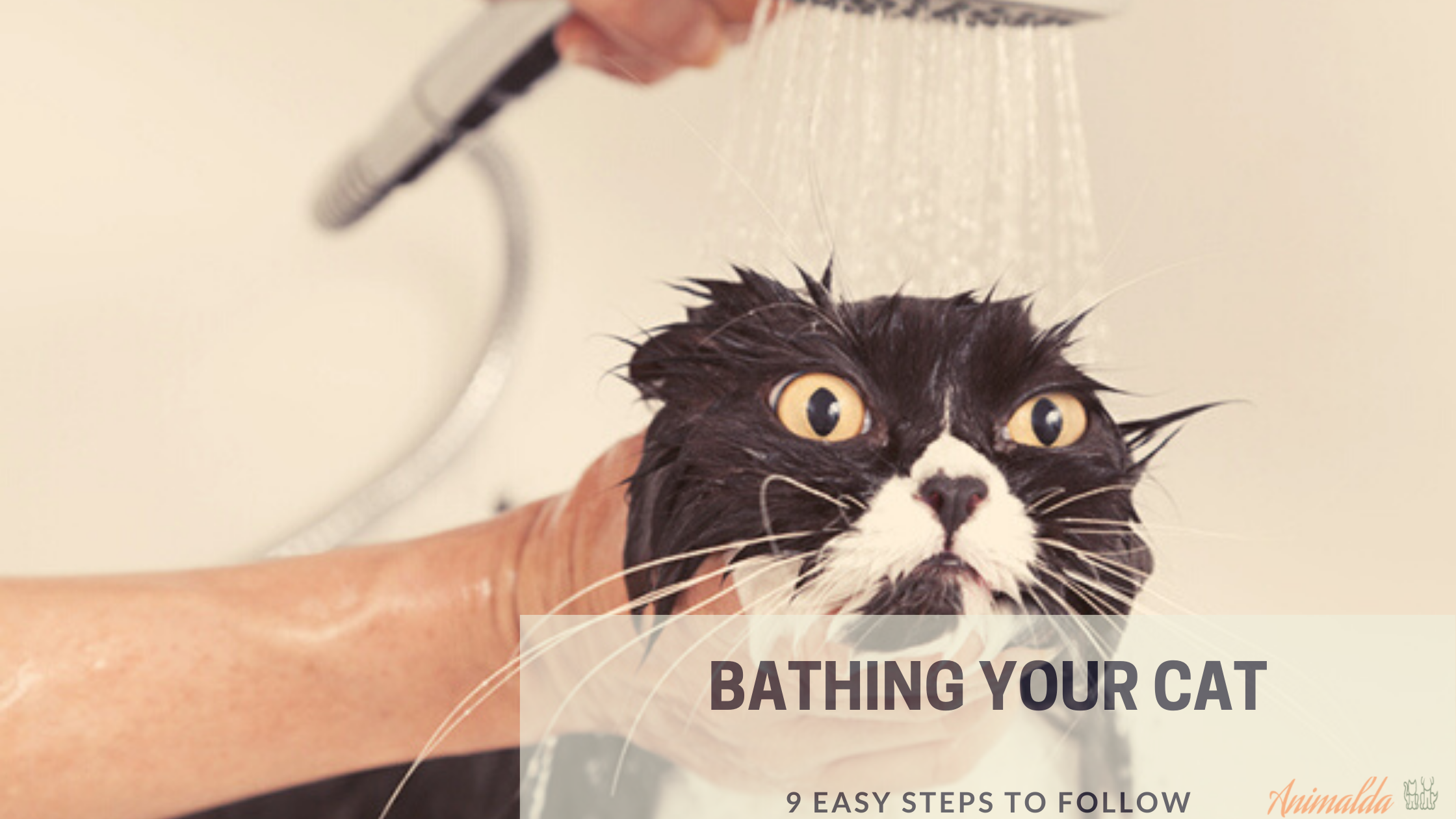An older cat is a treasure. Your cat will live a long, healthy, and happy life thanks to genetics and proper care. If you’re lucky and keep your cat inside, you may have your cat for twenty years.
The kitten should be considered a senior when she is about 10 years old. Visit her veterinarian for a senior wellness check-up on her birthday. As a result, her heart, lungs, blood work, and other health parameters will be determined.
By establishing baselines, any changes are easier to detect early. At 11, you should schedule twice-yearly appointments with her veterinarian (if you aren’t already doing so).
In a cat’s lifetime, six months might be equivalent to three and a half years in a human’s, so twice-annual exams seem reasonable. When cats are seniors, they appreciate routine and familiarity even more. Keep things as relaxed and easy for them as possible.
Cats are masters at masking illness. Often they hide or become quiet when ill. It’s your responsibility to notice any changes and to be able to find them if they disappear.
Never assume anything. Don’t assume that your cat is old if it sleeps more than usual.

She may have an underlying problem. If you begin to see any changes in her habits, note them on the calendar.
When you make an appointment with your veterinarian, you’ll be able to document how long the problem has been going on. Many problems may benefit from better nutrition.
There are also therapeutic veterinary diets for conditions such as kidney disease, dental disease, arthritis, diabetes, and others. You should watch for signs of aging.
Are your cat’s eyes looking like they have a cloudy blue tinge? Have it checked out; it may not affect the kitty’s vision, but it’s best to be sure.
If your kitty does lose some or all of her vision, please don’t move the furniture. She’ll depend on the familiar.
You may want to put a strip of carpet at each doorway to help her delineate one room from another. Remember that she may not be able to groom herself as well when she’s older.

Make sure you give her regular spa sessions.
Cats can lose their hearing with age. You may or may not see any buildup on her ears associated with a change in hearing. If she has lost her hearing, remember that she can still feel vibrations.
Don’t scare her by approaching too quietly. Stamp your foot on the floor as you come into the room so she’ll realize that you’re there. Because cats are so good at masking pain, arthritis is greatly underdiagnosed in cats.
Your arthritic cat may not climb her cat tree or jump on or off furniture or climb up or downstairs. She may complain when you pick her up.
You may notice that she’s not grooming herself in some of those harder-to-reach places. Take her to her veterinarian to have these signs checked.
There are foods, supplements, and medications that can help (they should always be given under the supervision of your veterinarian, of course). Meanwhile, you can make her as comfortable as possible and help facilitate access to the sofa, for example, by piling up pillows or buying a small ramp or set of steps. Kitty will need soft bedding so she can rest her achy joints.
Use foam rubber egg crate mattress cover material, which is more comfortable for humans, and then cover it with a washable cover.
If your kitty can no longer reach up and stretch out on a vertical scratching post, get her a horizontal one so she can still perform that necessary task.
Your cat may also begin to lose muscle mass, especially in her rear legs. Again, it’s time to see the veterinarian. Some diabetic cats can also have trouble walking.

Your veterinarian can make the diagnosis and get your cat started on a treatment plan. Be sure that you continue to brush her teeth with toothpaste made especially for cats, and have your veterinarian see if she needs any teeth removed.
She may have tooth pain and will feel so much more comfortable if a bad tooth is removed. Cats usually consider a bath to be a nasty experience.
Some who are accustomed to it, like show cats, tend to tolerate the process well, but as cats age, they find it more stressful.
You can help the kitty keep herself clean by combing, brushing, and using one of the newer disposable wet cloth products made for cats.
Try to avoid a full bath. If you have to give her one, do it with her mind, as well as physical, health in mind. Be sure there’s good footing.
She can use her claws to grasp onto a bath mat or other soft material placed at the bottom of the sink or tub while you bathe her. Watch for any changes in the amount of food and water she consumes each day.
This can point to underlying health or dental problem, and your veterinarian should see her as soon as possible. Older cats sometimes have trouble getting to, or in and out of, their litter box.
You can buy a large plastic container and cut one side down so there’s a low entrance that’s easier to access. Be sure the box you buy is large enough for her to move and turn around in comfortably.
And when you’re scooping the box, note any changes in her stool. Kitty may not play as athletically as she once did, but that doesn’t mean that she shouldn’t play. Just like senior people, she needs a proper diet and exercise regime. Shorter, easier play periods will be most welcome in keeping her body and her mind active as she ages.
Play simple games with her. She will still enjoy wand toys. Take one with a long strip of cloth attached to it and drag it along after you. She can move from room to room at her own pace, following the wiggly cloth. Not only will she be exercising, but her mind will be challenged as well. In addition to engaging an older cat’s mind and giving her some exercise, Treator food-ball toys dispense dry food or treats as she rolls the ball around. You can play clicker training games with the kitty if she hasn’t lost her hearing. It’s a non-strenuous exercise for the mind and body. She can play clicker games using a flashlight if she has lost some or all of her hearing (make the light turn on and off when she figures out the game).
Or you can just give her some exercise playing with the light. (This, of course, is if she has her vision.) Remember to start the game with the light coming out of a specific spot and end it with the light returning to that spot, so she doesn’t become upset looking for the light long after the game has ended.
That will only cause her consternation. When you pet a cat and run your hand over her hindquarters close to the tail, you’ll probably notice her rear go up in a posture some people call an elevator butt.
This is actually a reflexive reaction. As your cat gets older, petting her to elicit this reaction will give her a little exercise. Just be sure it doesn’t stress or hurt her if she’s arthritic. Check with your veterinarian first.
Exercise is as important for the aging cat as it is for the aging human. But please do watch for signs of kitty tiring easily or having problems breathing while playing. If you see either or both of those things, take her to your veterinarian right away, because it’s indicative of disease. The sooner you treat a problem, the easier it will be to cure or manage it.
And if it’s nothing — well, better safe than sorry. It will ease your mind to have your veterinarian examine her, and you may just catch a problem before it becomes far worse and more difficult to treat. Stress is also an issue for cats, and more so for the older ones. Try to keep everything as simple and stress-free as possible.
You’ll both feel better about it. Your relationship with your senior cat is one built over the long time you’ve been together. You owe it to the kitty (and yourself!) to make her life as happy, healthy, and long as possible — a good quality of life that you both delight in




